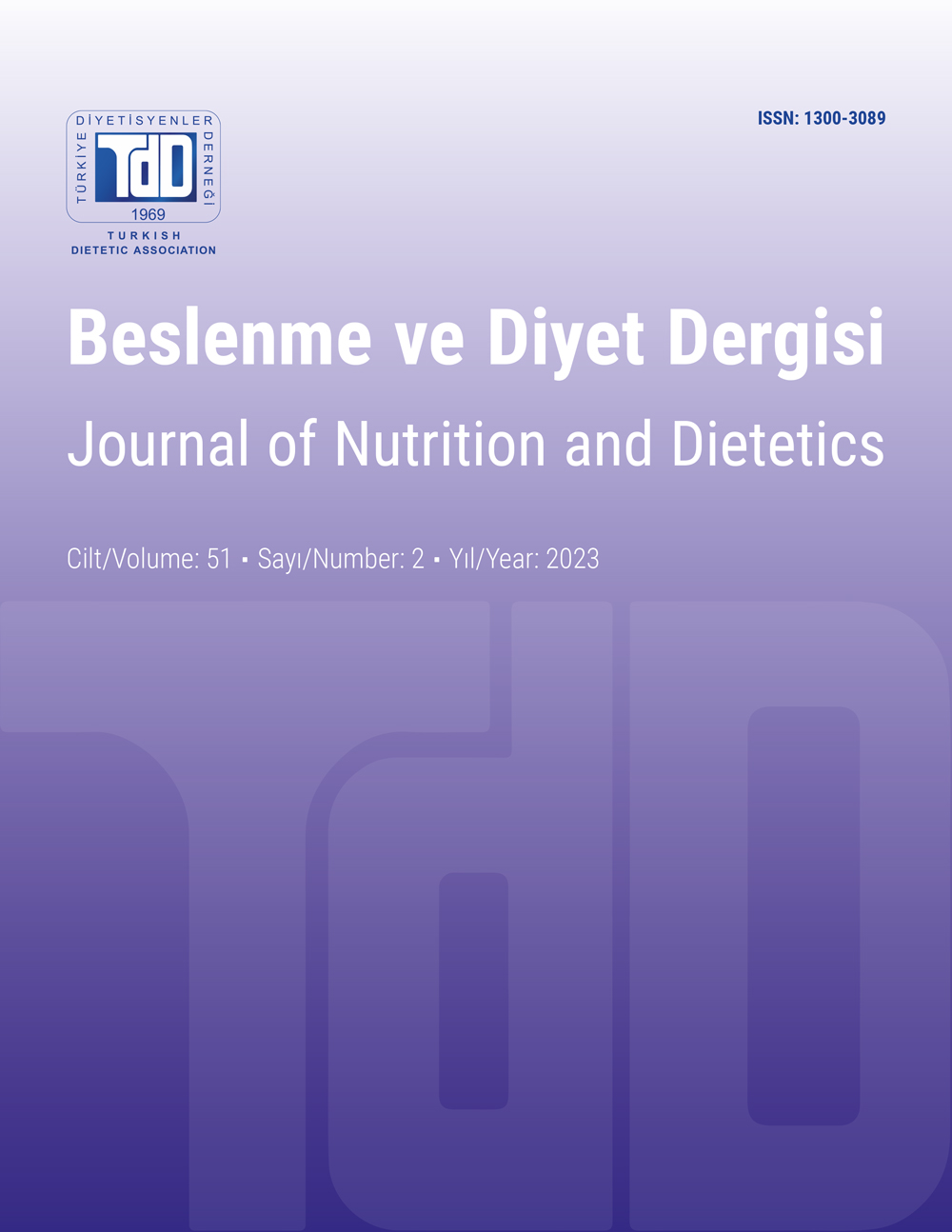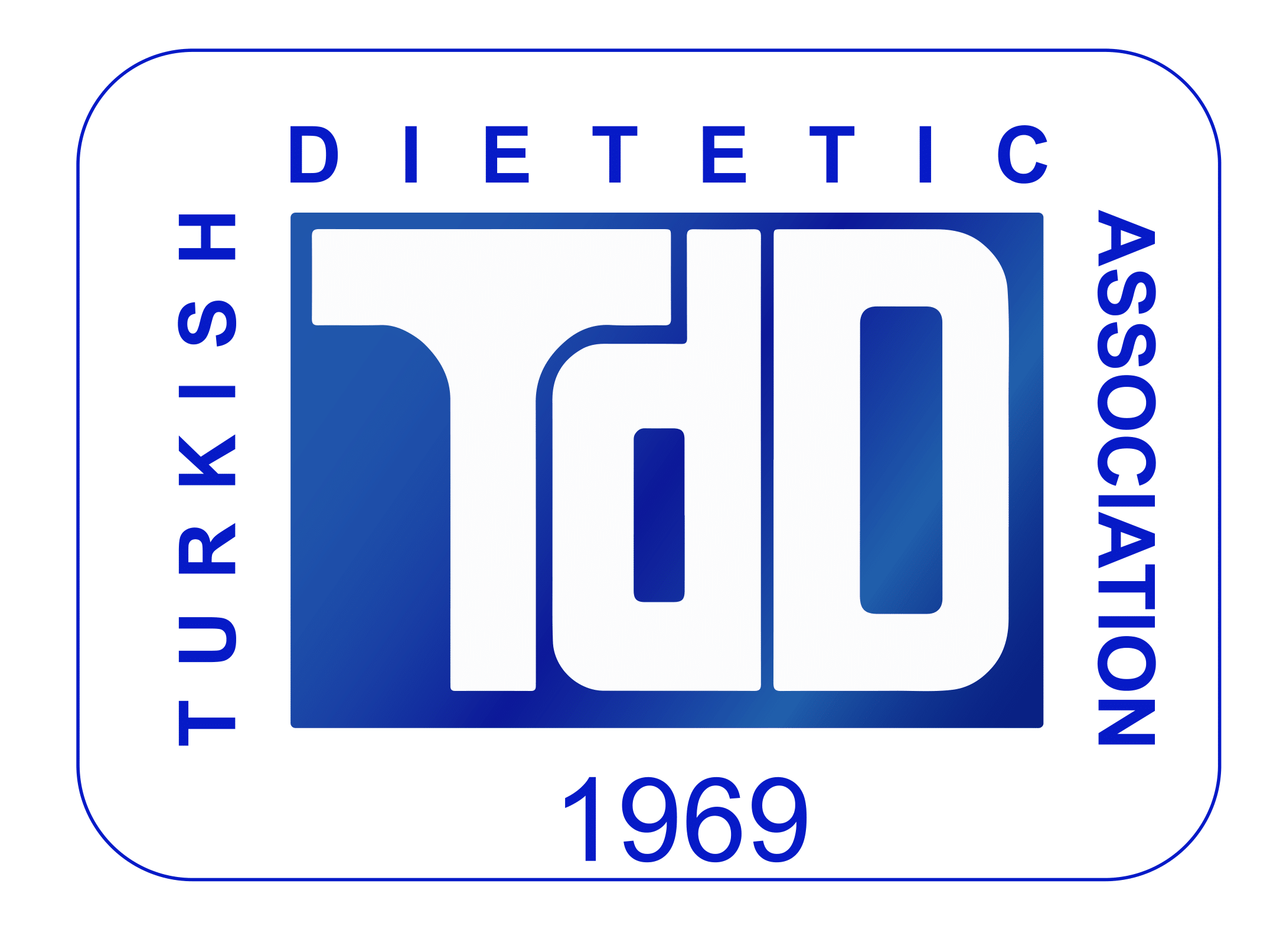Perioperative Nutrition Management in Colorectal Cancer Surgery
DOI:
https://doi.org/10.33076/2023.BDD.1771Keywords:
Colorectal surgery, malnutrition, perioperative nutrition, nutritional management, nutritional supportAbstract
Perioperative nutritional management in colorectal cancer surgery is often neglected in the surgical treatment plan. Some traditional approaches in colorectal cancer surgery, such as long-term preoperative fasting and delayed initiation of postoperative oral nutrition, increase the severity of existing malnutrition or prepare the ground for malnutrition. Malnutrition causes negative effects including increased morbidity, death rates, length of hospitalization, and healthcare expenses. Perioperative nutritional management is emphasized as an important step in improving surgical outcomes by Enhanced Recovery After Surgery and the European Society for Clinical Nutrition and Metabolism. The initial step in perioperative nutritional management of colorectal cancer is assessment of nutritional status. Clinical outcomes have been demonstrated to improve when patients who have been diagnosed with malnutrition or who are at risk for malnutrition receive the proper nutritional care. However, malnutrition risk often goes undetected in most patients due to a lack of nutritional screening. Reducing preoperative and postoperative fasting hours has been shown to decrease hospitalization, surgical complications, and insulin resistance. In malnourished patients, immunonutrition modules including a combination of arginine, omega 3 fatty acids, and nucleotides may enhance outcomes after surgery and lower the risk for infectious complications. Patient-specific nutritional approaches play an essential role in both improving patient well-being and increasing treatment effectiveness in surgical management of colorectal cancer. This review article examines perioperative nutritional management in colorectal cancer surgery based on current literature.

